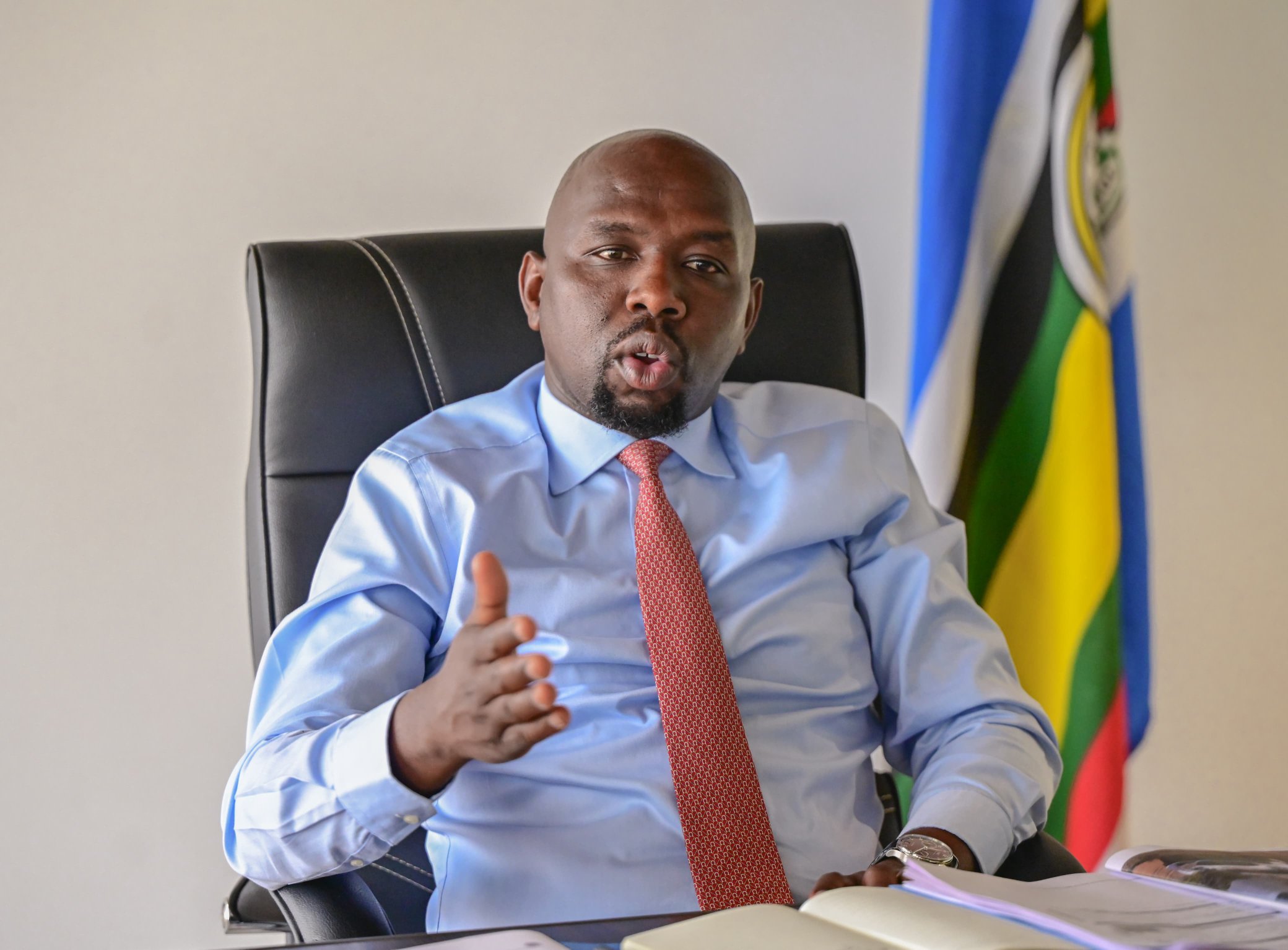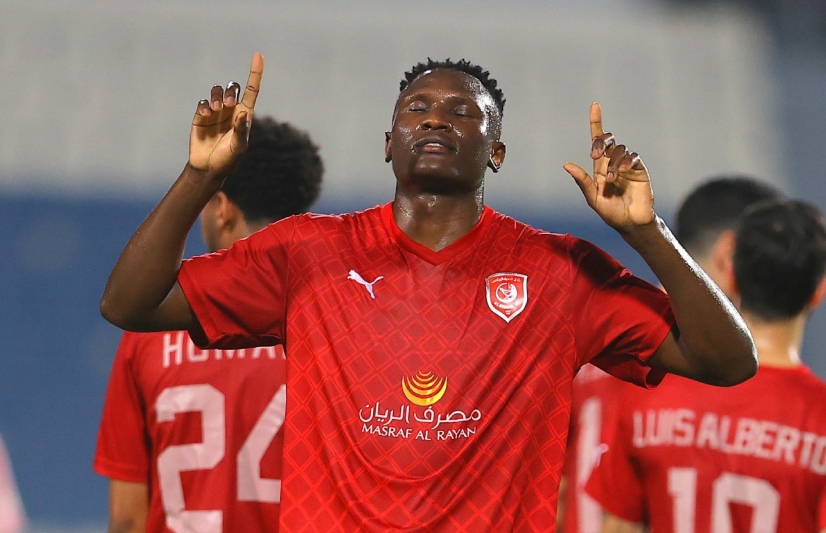Reviving national spirit must start with sports

As the English Premier League got underway in September, pundits were already debating the consequences of the beginning of the season with a focus on Erik Ten Hag, the Dutch coach of Manchester United [Editor’ s note: Hag was sacked on October 28].
England’s richest club, and second only to Real Madrid in the world, was 14th in the league table. They had lost their last game to their traditional rivals, Liverpool.
Liverpool has a new couch after the famous German, Jurgen Klopp, left the club last season, saying he had run out of coaching steam. In Nairobi’s sports-chattering clubs, the debate is about what will happen to the stars of Manchester United, such as Casemiro and Marcus Rashford. Casemiro was replaced at halftime in their game with Liverpool, while Rashford had little effect.
The chattering clubs, of course, have other concerns. Manchester City have won the last four premier league titles in a row under Pep Guardiola.
Their leading striker, Erling Haaland, has been going strong for a while, meaning that it is possible, although early, to state that City could win the title again.
In these chattering clubs in Nairobi’s suburbs and countryside, the missing story is Kenyan football. Among those offering opinions as to who won the English, the Spanish, the Italian and even the German league, they will struggle to tell you who won the Kenyan league.
Gor Mahia have been dominating this game nationally and have won 21 titles, way above any other club.
The Green Army, probably the most colourful football club in the country, are rivalled only by AFC Leopards, the Ingwe group for whom fate has not been very kind lately.
Kenyans will need help to name the leading strikers in the country and the clubs they play for. Some have yet to learn the seasons of the football game. During the matches, sometimes broadcast over KBC, the audience yawns away.
But cross over the border to Tanzania, and you have a different show in town. Tanzanians love their football and love their teams. Young Africans, founded in 1935, still reign supreme at their Benjamin Mkapa stadium home ground in Dar es Salaam. Woe to you if you have to play them at their Changombe base. When Yanga, as they are popularly known, play Simba or even Azam, Tanzania comes to a standstill.
TV screens are trained on this single game and none of the international leagues.
You will not, in Tanzania, tune your screen to a foreign league when the local is on. That is when you appreciate that something is fundamentally wrong in Kenya.
There were days, now gone by, when a game between Gor Mahia and AFC Leopards could as well have passed for a national holiday. The voice of Leonard Mambo Mbotela and his friends, those legendary football commentators of years gone by, would boom through the speakers as the crowds, wherever they were, cheered the local stars.
Then, the leadership of football followed the national political trajectory. If football is a measure of national ascendancy, then Kenya is on a steep decline, much faster than any of her East African neighbours.
The leadership of the football game has bequeathed this country nothing but quarrels; the stadium has fallen into disrepair, players need to be adequately compensated, and the football administrators have used the football platform as a stepping stone to other ambitions.
Kenya has a national team called Harambee Stars, but you would struggle to remember their last major engagements and even the name of the national team’s coach.
Michael Olunga is famous not so much for captaining Harambee Stars but for being, at the moment, the country’s best-known football export.
This situation indicates something wrong with the country’s trajectory. The process of reviving the national spirit must surely start with sports and to make national pride be preserved in our stadium. Let us borrow a leaf from our neighbours; EPL is not our league; it is that simple.
— The writer is the Dean of the School of Communication at Daystar University














